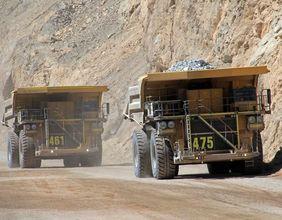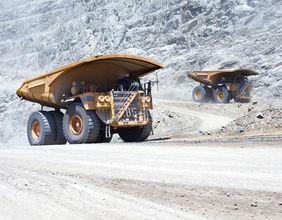Highlights:
Several green hydrogen projects in Australia have been delayed or canceled, impacting industry progress.
Government funding initiatives continue to support hydrogen and green ammonia developments.
Exploration of natural hydrogen resources is gaining attention as an alternative approach.
Australia’s green hydrogen sector has encountered multiple challenges in recent weeks, with several key projects either postponed or withdrawn. A proposed hydrogen hub in South Australia meant to support the Whyalla steelworks has been deferred, alongside additional project cancellations across the country.
Commodity trader Trafigura has halted plans for a large-scale hydrogen project in South Australia, while Origin Energy has discontinued a project in New South Wales’ Hunter Valley. Additionally, the Queensland State Government has retracted financial backing for a major hydrogen initiative. These developments highlight ongoing challenges in advancing hydrogen production and commercial viability.
Industry Challenges and Government Support
Despite these recent hurdles, the federal government remains committed to fostering the development of hydrogen energy. A significant funding package has been announced for hydrogen and green ammonia projects in Western Australia as part of broader support efforts. This investment aligns with previously allocated financial incentives aimed at sustaining industry momentum.
Experts in the field suggest that the green hydrogen sector is currently experiencing a recalibration phase, where expectations are adjusting as real-world challenges become more evident. Cost remains a primary obstacle, as hydrogen production via electrolysis requires substantial energy inputs. While renewable energy sources like wind and solar continue to become more affordable, integrating hydrogen into large-scale applications presents economic and logistical hurdles.
Shifting Focus to Alternative Hydrogen Sources
As industry stakeholders explore ways to enhance the viability of hydrogen production, attention has turned to natural hydrogen resources. Geological processes can create hydrogen deposits similar to oil and gas formations, offering an alternative method for sourcing the element. Several regions across Australia have reported significant natural hydrogen concentrations, leading to increased interest in resource exploration.
These deposits have been identified in areas such as the Canning Basin in Western Australia, the Gippsland Basin in Victoria, and the Yorke Peninsula in South Australia. If proven commercially viable, natural hydrogen extraction could provide a more cost-effective means of supplying hydrogen for industrial applications.
Government Strategies and Regional Initiatives
Australian states have implemented various policy strategies to support hydrogen development. Some regions have focused primarily on electrolysis-based production, while others have taken steps to explore natural hydrogen reserves.
Queensland and South Australia have been proactive in assessing natural hydrogen occurrences, with Queensland allocating funds for exploration efforts and South Australia enacting legislation to regulate hydrogen-related projects. This legislative framework is designed to facilitate large-scale projects, oversee resource management, and establish guidelines for infrastructure development.
Hydrogen’s Evolving Role in the Energy Sector
While hydrogen technology is being integrated into several industries, it is unlikely to fully replace traditional hydrocarbons. Instead, its role may be more specialized, particularly in industrial applications and long-haul transportation.
One of the most prominent areas for hydrogen adoption is in steel production. Green hydrogen is being positioned as a viable alternative to conventional methods, with commercial-scale green steel facilities already under construction in other countries. Industry experts acknowledge the growing role hydrogen will play in decarbonization efforts, but emphasize that practical implementation will take time.
With strong renewable energy capacity and ongoing government support, Australia remains in a position to advance hydrogen initiatives, provided economic and logistical challenges are addressed effectively.






